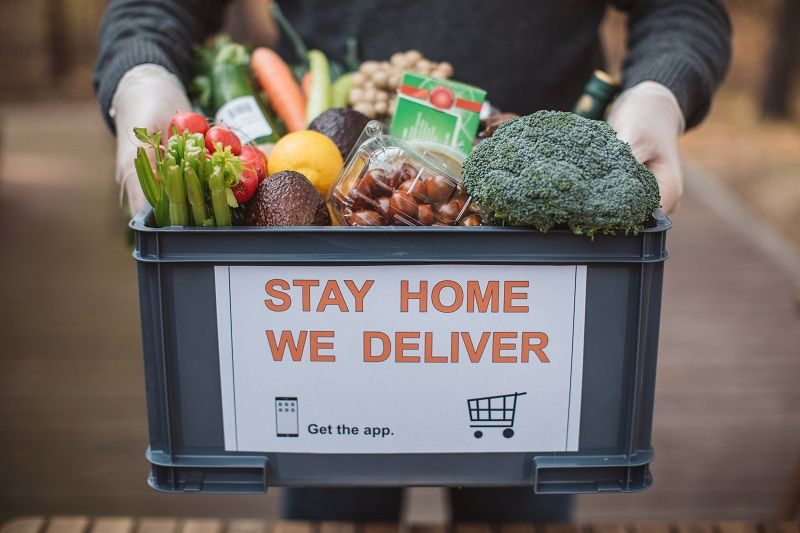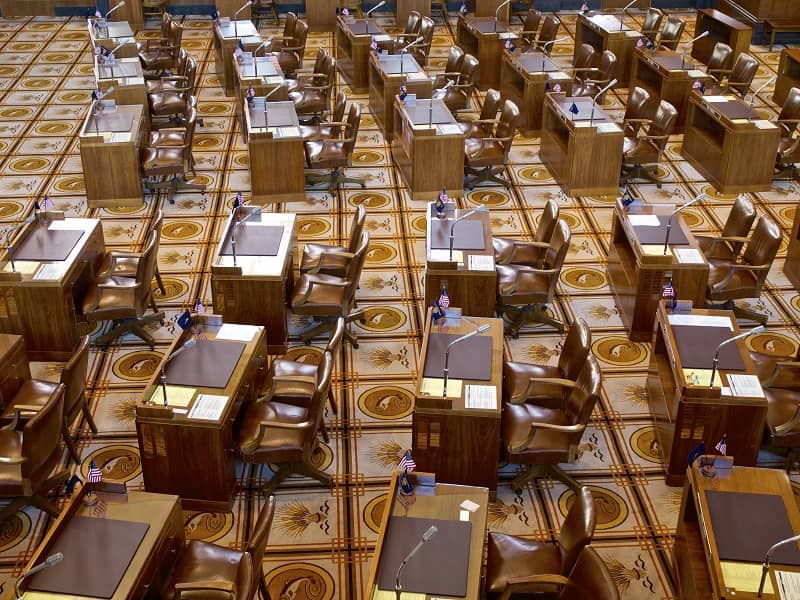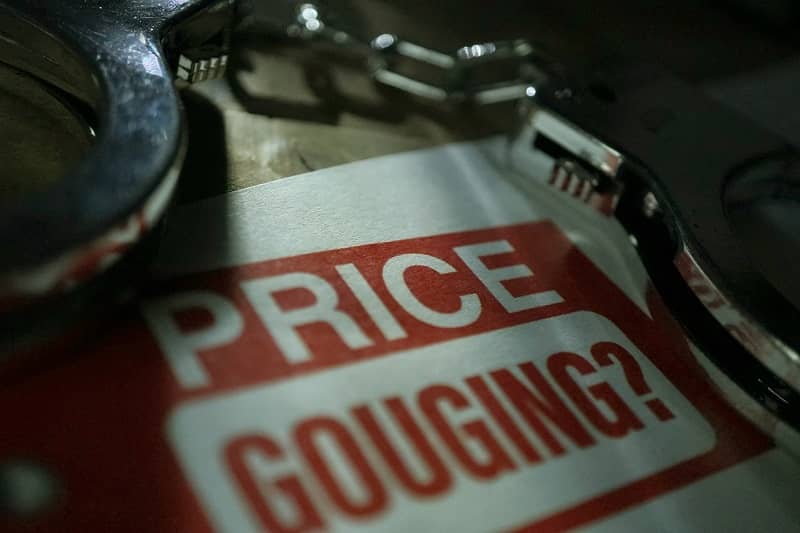Click the play button to hear the audio commentary
Farmers often have been land-rich and cash-poor. Today, the downturn in the real estate market has made Oregon farmers both land-poor and cash-poor; and they are feeling the pinch of what that truly means.
Besides the downturn in the real estate market, the banking crisis also has limited farming operations’ access to financing. For example, pear packers in southern Oregon currently cannot finance operational expenses through traditional means. To address this problem, they want lands they own near the Urban Growth Boundary to be rezoned as residential. Then the land either can be sold at a higher price, or the added development rights will allow the bank to value the land higher as collateral. Grass seed growers in the Willamette Valley also face this problem. Most of last year’s crop sits unsold in storage sheds, and grass seed farmers don’t have the cash to buy seed and other inputs to plant the coming year’s crop.
Most Oregonians believe land use laws in Oregon are designed to protect agriculture. Unfortunately, these laws stifle agriculture’s ability to survive downturns in the market. In other states, farmers can finance their operation using land as collateral with higher valued development rights; and if needed, they can sell a couple acres to survive troubled times. In Oregon, that isn’t an option
Karla Kay Edwards is Rural Policy Analyst at Cascade Policy Institute, Oregon’s free market public policy research organization.











